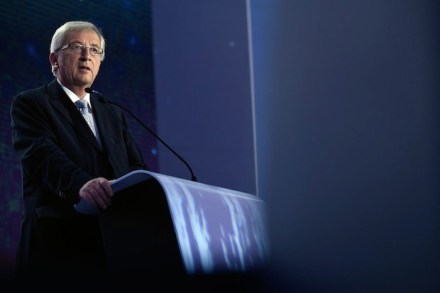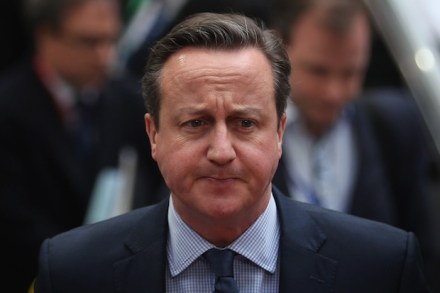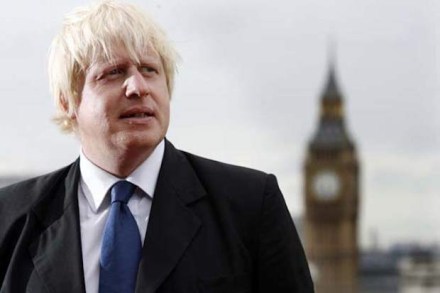‘Brexit martyr’ John Longworth gets ready for his comeback
Last week John Longworth, the Director General of the British Chambers of Commerce, caused upset in the Remain camp when he used a BCC conference to claim that Britain could have a ‘brighter future’ outside the EU. With No.10 rumoured to have ‘bullied’ the BCC into disciplining him — an allegation they deny — Longworth was suspended before choosing to resign so that he could speak freely on the EU. So, with Longworth now seen to be the first ‘Brexit martyr’ of the campaign, Mr S suspects Downing Street may soon come to miss the days when Longworth felt the need to watch his tongue. The leading businessman has been drafted in as a last-minute



















